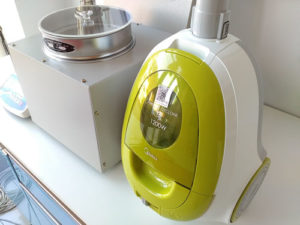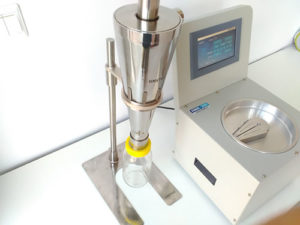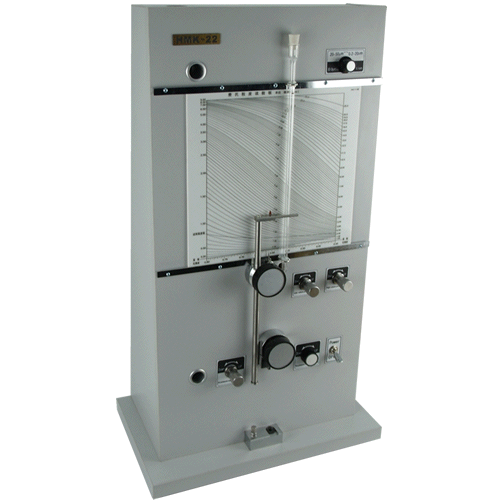You are here: Home > News > 100 What Are Major Particle Size Analyzer Principles?Methods of Determining Particle Size?
100 What Are Major Particle Size Analyzer Principles?Methods of Determining Particle Size?
Methods of Determining Particle Size
air jet sieving particle size analyzer principle – air permeability particle size analyzer principle –
Sieving Method Particle Size Analyzer Principle
Sieving method uses standard test sieve and let the particles pass the sieve cloth. The methods driving particles pass through the mesh cloth are many. One is like SIEVEA 501 Test Sieve Shaker. Such method uses gravity free fall. The other is air jet test sieve shaker, i.e. air jet sieve that uses negative air pressure to make the particle size divided into differnt meshes. The model is HMK-200 Air Jet Sieve. Further more there is a Tap Sieve Shaker SIEVEA 503
HMK-200 Air jet sieve is a laboratory air jet sieve that works in advanced air jet sieve principle for sieve analysis.
Air permeability Fisher Model 95 method Particle Size Analyzer Principle
HMK-22 Fisher Sub-Sieve Sizer/Average Particle Size Analyzer (FSSS) (CAT.NO.020198) uses air permeability to fast determine the average particle size i.e. fisher number of powders. It complete meets international standard about fisher sub sieve sizer ISO 10070 Metallic powders Determination of envelope-specific surface area from the measurements of the permeability to air of a powder bed under steady-state flow conditions and ASTM B 330 Standard Test Method for Fisher Number of Metal Powders and Related Compounds. It has become the best successor of Fisher Model 95.
Direct Observation Particle Size Analyzer Principle
The method is to directly observe the particles, the relevant devices include larger projector, image and shape analysis system connected to optical microscope or electron microscopy, EDS connected to electron microscopy. The output results are particle size distribution and shape parameter.
Laser Particle Size Analyzer Principle
A representative sample, dispersed at an adequate concentration in a suitable liquid or gas, is passed through the beam of a monochromatic light source, usually a laser. The light scattered by the particles at various angles is measured by a multi-element detector and numerical values relating to the scattering pattern are then recorded for subsequent analysis. These numerical scattering values are then transformed, using an appropriate optical model and mathematical procedure, to yield the proportion of total volume to a discrete number of size classes forming a volumetric particle size distribution.
Dynamic Light Scattering Particle Size Analyzer Principle
HMK-CD4 Nanometer Photon Correlation Spectroscopy Particle size analyzer is designed and produced according to international standards ISO13320 and ISO13321. It works by dynamic light scattering photon correlation spectroscopy principle. The particle size distribution is calculated by sensing fluctuation of diffracted light by the particles when particles in different size do Brownian motion in the liquid at different speeds. The testing is automatically completed in analysis software in a computer. The unit automatically selects the best test parameters such as channel number and delay time etc. HMK-CD4 features stable and reliable work, easy operation and fast measuring speed. It takes only 2 to 5 minutes to measure a sample. Multiple automatic continuous testing optimizes the test accuracy and repeatability. The test results are automatically saved by a computer. It is use-friendly when view or print the analysis report. HMK-CD4 has become a preferred instrument in applications of nano powder production and research.
fisher sub sieve sizer – hall flowmeter – air jet sieve – tap density tester








